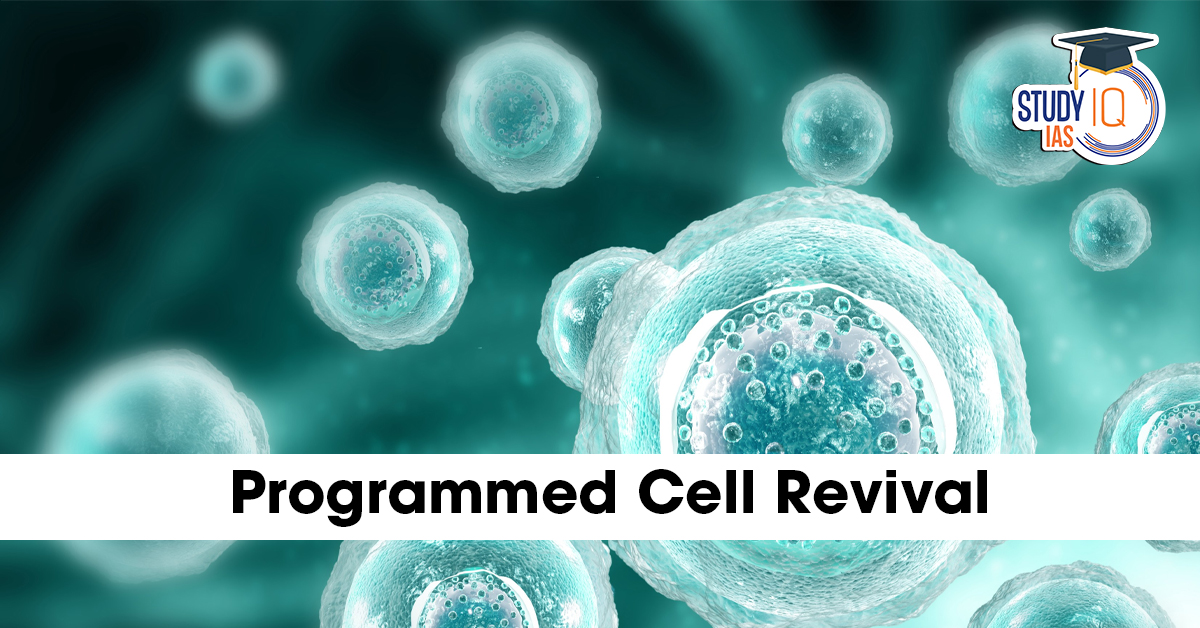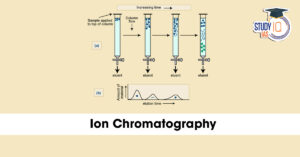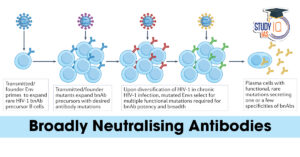Context: The Centre for Cellular and Molecular Biology (CCMB) has made a significant breakthrough in regenerative medicine by developing a method for Programmed Cell Revival.
About Programmed Cell Revival (PCR)
- Programmed Cell Death (PCD): Normally, an irreversible, genetically regulated process of cell self-destruction (e.g., Apoptosis, Autophagy, Necroptosis).
- Scientists at CSIR-CCMB, Hyderabad, discovered a “genetically encoded revival code” that allows cells to recover from a near-death stage → termed Programmed Cell Revival (PCR).
- Instead of dying, stressed/damaged cells can reverse PCD and reprogram into stem-like cells.
Significance
- Regenerative medicine – tissue/organ repair, healing neurons or cardiac cells.
- Stem cell biology – insights into de-differentiation.
- Cancer therapy caution – cancer cells may exploit PCR.
- Because it will allow near-dead cells to recover instead of dying, cancer cells exposed to suboptimal chemotherapy or radiotherapy may use this revival pathway to evade death, regain stem-like properties, and grow back stronger, leading to therapy resistance and relapse.


 Advanced Air Defence Radars: Types, Comp...
Advanced Air Defence Radars: Types, Comp...
 Ion Chromatography, Working and Applicat...
Ion Chromatography, Working and Applicat...
 Broadly Neutralising Antibodies (bNAbs):...
Broadly Neutralising Antibodies (bNAbs):...




















